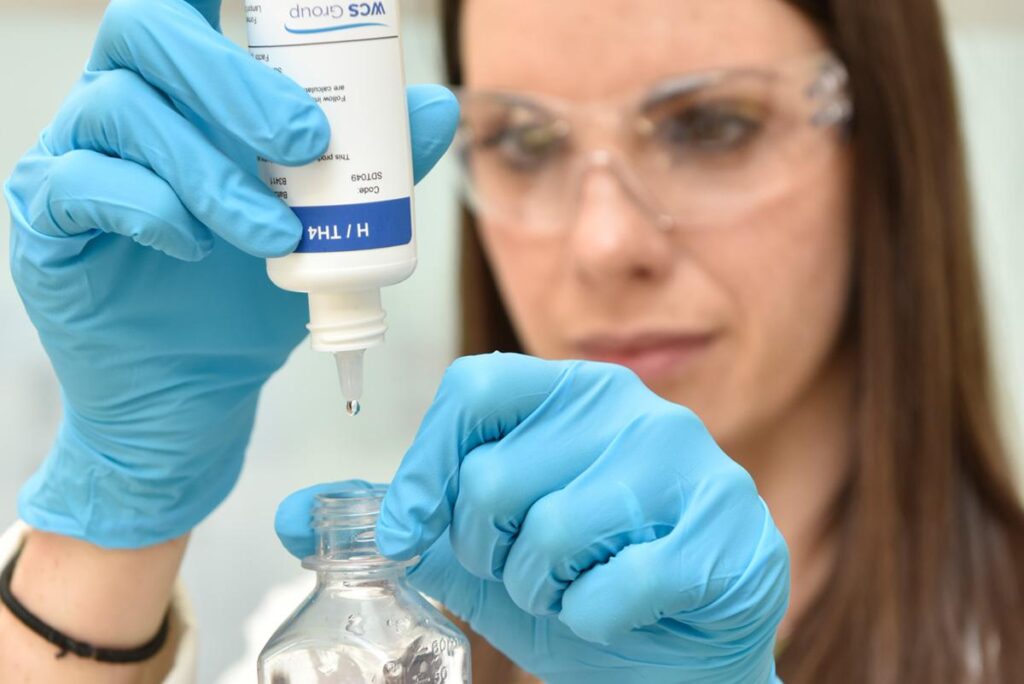Water and air are essential elements that sustain life. Every day, we depend on clean water not only for drinking but also for cooking, cleaning, and bathing, while clean air is crucial for breathing.
However, contamination of these resources can pose serious health risks, making water and air hygiene services vitally important. These services play a crucial role in ensuring that the water we consume and the air we breathe are safe, especially from the bacteria Legionella. Follow this link for more https://cleanroomtechnology.com/legionella-testing-modern-alternatives-to-the-gold-standard-test-210168.
Here’s why water and air hygiene services are indispensable:
Ensuring Public Health
The primary importance of water and air hygiene services lies in their role in protecting public health. Contaminated water and poor air quality are leading causes of disease globally. Waterborne pathogens can cause a wide range of illnesses, from diarrhea to more severe infections such as cholera and typhoid fever. Similarly, polluted air contributes to respiratory conditions like asthma, bronchitis, and even cardiovascular diseases.
Water hygiene services work to prevent such health issues by ensuring that water systems are free from contaminants. This includes regular monitoring and treatment of public water supplies, management of sewage and wastewater, and ensuring that private water sources such as wells are safe for use.
Air hygiene services focus on improving indoor air quality, particularly in environments like schools, hospitals, and offices, where poor air quality can significantly impact health and cognitive function. These services involve testing air quality, maintaining HVAC systems to prevent the spread of airborne diseases, and implementing measures to reduce pollutants such as mold, dust, and volatile organic compounds.
Legionella Prevention
Legionella, the bacterium responsible for Legionnaires’ disease, thrives in water systems that are poorly maintained, particularly in warm water environments between 20°C and 45°C (68°F to 113°F). To prevent the growth and spread of this potentially deadly bacterium, water, and air hygiene services play a critical role.
These services involve rigorous monitoring and management of water systems, including regular flushing of pipes, cleaning and disinfecting water tanks and cooling towers, and maintaining water temperatures outside the ideal range for Legionella growth. A good idea is to check out Total Water Compliance Ltd. if you want to discover more!
They also include the treatment of water with biocides that effectively kill Legionella bacteria and the implementation of risk management plans that adhere to health and safety regulations. By ensuring that water systems are properly maintained and monitored, these services minimize the risk of Legionella outbreaks, protecting public health.
Comfort and Productivity
Clean air is not only a health requirement but also a comfort factor. Indoor air quality significantly affects people’s comfort levels, impacting mood and productivity. Poor air quality can cause headaches, fatigue, and concentration difficulties, reducing productivity in workplaces and learning outcomes in educational environments.
Air hygiene services help optimize indoor air quality by regulating humidity levels, ensuring adequate ventilation, and filtering out pollutants, thus creating a more comfortable and productive environment.
Water hygiene, on the other hand, ensures that water tastes, smells, and looks appealing. This enhances comfort in homes and public places, encouraging hydration and ensuring that activities requiring water use, such as bathing and cleaning, are more pleasant and effective. Oh, and folks don’t have to worry about Legionella at all! Read more here.
Protecting the Environment
Water and air hygiene services also play a critical role in environmental protection. By treating and managing wastewater effectively, water hygiene services prevent pollutants from entering natural water bodies, thus protecting aquatic life and maintaining the natural balance of ecosystems. Proper disposal and treatment of sewage reduce the risk of water pollution, which can lead to eutrophication and the destruction of aquatic habitats.
Similarly, air hygiene services help reduce the emission of harmful pollutants into the atmosphere. By maintaining clean and efficient HVAC systems and promoting technologies that filter out pollutants, these services contribute to lower emissions of greenhouse gases and other harmful substances, aiding in the fight against climate change and air pollution on a global scale.
Legal Compliance and Risk Management
For businesses and organizations, water and air hygiene services are not just a matter of health and environmental responsibility but also of legal compliance. Many countries have strict regulations regarding water and air quality standards. Non-compliance can result in hefty fines, legal action, and damage to a company’s reputation. Water and air hygiene services ensure that organizations meet these standards, thus managing risk and avoiding potential legal and financial penalties.
These services also provide documentation and evidence of compliance, which can be crucial during inspections or in case of legal disputes. They help businesses maintain good standing with regulatory bodies and the public, ensuring operational continuity and financial security.
Long-Term Cost Savings
Investing in water and air hygiene services can lead to significant long-term cost savings for communities and businesses. By preventing disease and boosting productivity, these services reduce healthcare and operational costs.
Effective water hygiene reduces the need for costly medical treatments and health interventions associated with waterborne diseases. Similarly, good air quality reduces absenteeism and healthcare costs linked to air pollution-related illnesses.






